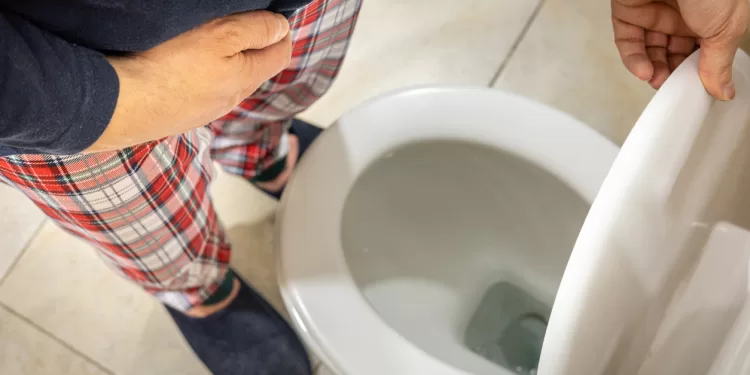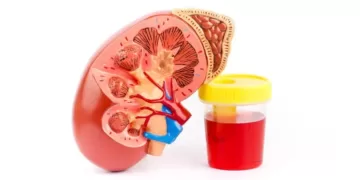Burning during urination, also known as dysuria, is a common symptom that can be caused by a variety of conditions. It is characterized by burning or itching in the urethra or bladder during urination. This feeling can be extremely uncomfortable. In this article, we will discuss the possible causes of itching when urinating, as well as methods of diagnosis and treatment options.
One of the most common causes of dysuria is a urinary tract infection (UTI). A UTI occurs when bacteria, such as E. coli, enter the urinary tract and infect the bladder. Urinary tract infections are more common in women than men and can cause a variety of symptoms, including frequent urination, burning or itching during urination, and cloudy or strong-smelling urine. UTIs are often caused by poor hygiene and are easily treated with antibiotics.
Burning during urination – other possible causes:
- Sexually transmitted infections (STIs), such as chlamydia or gonorrhea. These infections can cause both dysuria and symptoms such as discharge and pain during intercourse.
- Yeast infections can also cause dysuria. Yeast infections are caused by an overgrowth of Candida and can cause burning during urination as well as itching and vaginal discharge.
- Vulvodynia, a chronic pain condition affecting the vulva, can also cause dysuria.
- Some bladder or urinary tract cancers can also cause symptoms such as burning during urination or blood in the urine.
- Urethritis – can cause discharge from the penis, as well as dysuria.
- Cystitis
- Orchitis
- Prostatitis
- Pyelonephritis
Diagnosis:
The diagnosis of burning during urination depends on the underlying cause. The doctor will perform a physical exam and ask about your symptoms and medical history. They may also order a urine PCR test to check for other underlying conditions. In some cases, ultrasound of the urinary system is required.
Treatment:
Treatment for the burning sensation when urinating depends on the underlying cause. Antibiotics are prescribed to treat UTIs. Treatment for thrush usually includes antifungal medications. Treatment for STIs usually includes antibiotics. Treatment for vulvodynia may include physical therapy, nerve blocks, and medications to reduce pain. Treatment for bladder or urinary tract cancer usually includes surgery, radiation therapy, and chemotherapy.
Karazanashvili Robotic Center offers the treatment of dysuria with methods that meet international standards!
The article was published in 2023.











